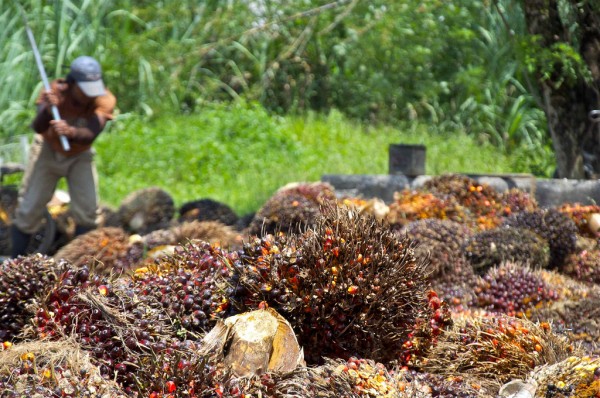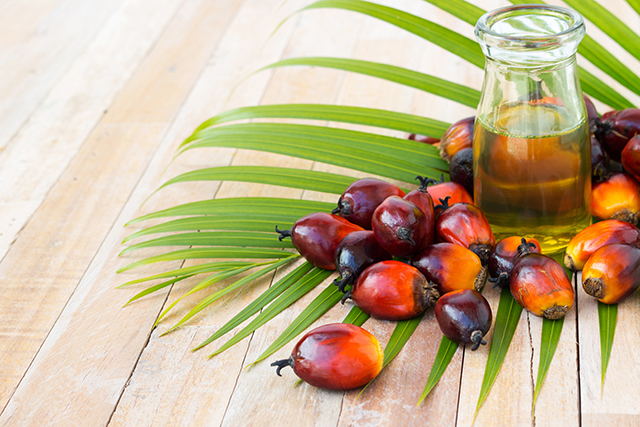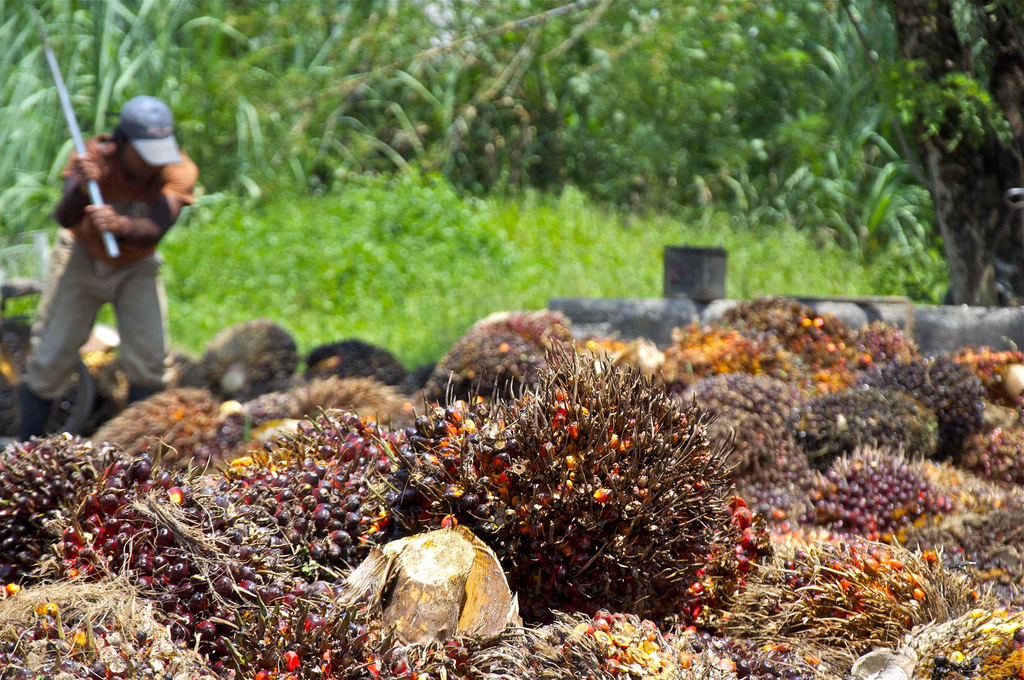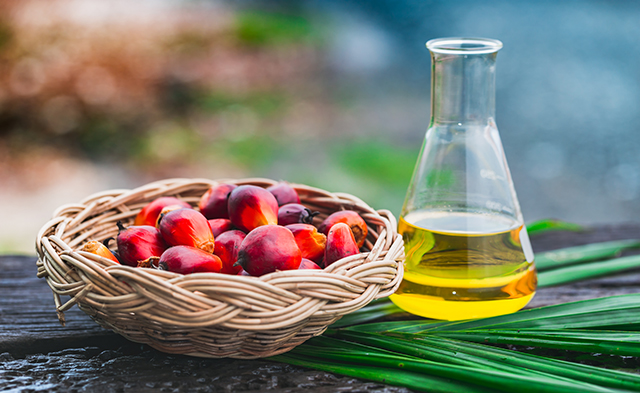
New research indicates that in addition to be being bad for the environment, palm oil is likely bad for humans, too. A recent report from the European Food Safety Authority (EFSA) has declared that palm oil is more carcinogenic than any other oil on the market. The EFSA's condemnation of the oil follows a similar report that was released not too long ago by the World Health Organization (WHO). (RELATED: Discover more news about the health effects of food ingredients at Ingredients.news)
The research
The EFSA report, published in May of 2016, reveals that palm oil, among other foods, contains glycerol-based contaminants that are likely carcinogenic. The EFSA sought to assess the health risks of glycidyl fatty acid esters (GE), 3-monochloropropanediol (3-MCPD) and 2-monochloropropanediol (2-MCPD), as well as their fatty acid esters. These are substances that can form during food processing, most notably during the process of refining vegetable oils at a high heat. The EFSA defines "high heat" as a temperature of 200°C or above.
The EFSA had their Panel on Contaminants in the Food Chain (CONTAM) review information regarding the toxicity of glycidol -- which is the precursor to GE -- in order to assess the risks of GE.
Dr. Helle Knutsen, chair of the CONTAM Panel, noted, "There is sufficient evidence that glycidol is genotoxic and carcinogenic, therefore the CONTAM Panel did not set a safe level for GE."
The panel did note that some manufacturers have been taking voluntary measures to reduce their GE content, resulting in the level of GE present in palm oils decreasing by nearly half between 2010 and 2015. However, exposure to 2-MCPD and 3-MCPD remains worrisome, and the amount of these toxic compounds present in palm oil has remained unchanged. Palm oil is the largest contributor to 2-MCPD and 3-MCPD exposure for most people.
According to Dr. Knutsen, there is not enough information on toxicity to set a safe level of exposure for 2-MCPD, but a tolerable daily intake (TDI) was set for 3-MCPD at 0.8 micrograms per kilogram of body weight, which is a very small amount. Higher levels of exposure were linked to organ damage in animal studies.
Brands using palm oil take a hit
Ferrero, the manufacturer of Nutella, has seen the product's profit margins drop by 3 percent since the report was released. In an effort to regain their foothold in the marketplace, Ferrero has even gone so far as to launch a commercial promoting palm oil as the key ingredient to what makes Nutella so great. The advertisement also seeks to convince people that the way they use palm oil makes it safe. This claim is questionable, especially when you realize that changing over to a less carcinogenic oil would cost Ferrero anywhere from an extra $8 million to $22 million a year. Palm oil is the cheapest edible oil on the market, after all; that's why it is in so many foods.
Even without the potentially carcinogenic palm oil, it still has 21 grams of sugar per serving of just two tablespoons, rendering a jar of Nutella about as far away from a "health food" as you could throw it.
Although popular brands whose products contain palm oil may be taking a hit, it is important to note that when ingredients become questionable, companies often modify their products to be healthier. Public outcry is an important way to help enable products to be as safe as possible. More research into palm oil -- and more public attention focused on it -- will hopefully eventually make palm oil obsolete for human consumption.
Sources:
Please contact us for more information.























